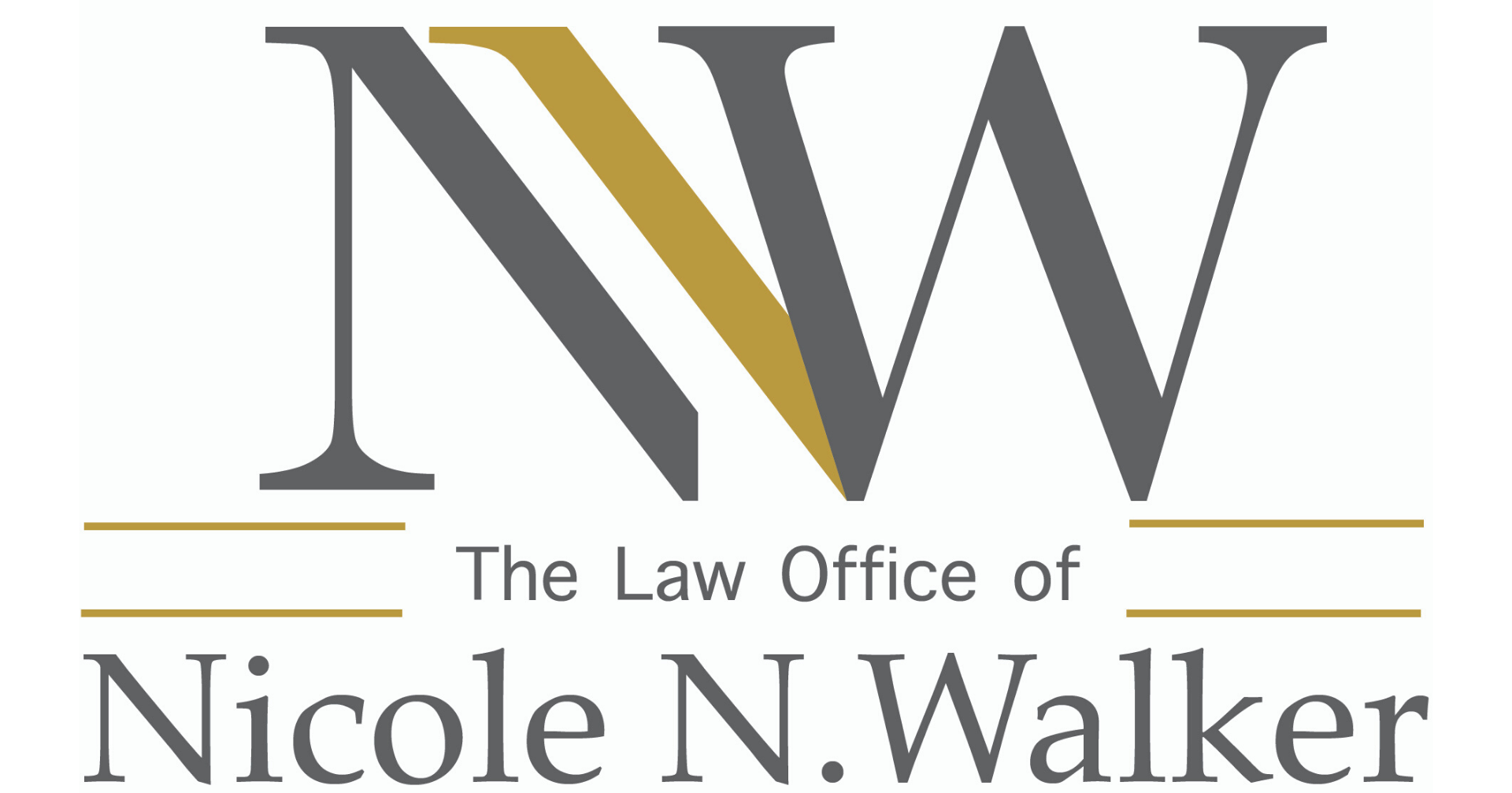PROBATE & ESTATE PLANNING
Practice AreasWhen you’re suffering through the loss of a loved one or just wish to get your personal affairs in order, we can help through our caring, professional, and prompt service. No matter your age or stage of life, it’s never too early to make your wishes known. Estate planning is a simple process that releases the burden from your loved ones and ensures control doesn’t default to the state or someone you don’t want taking your assets.
What Is Probate?
Probate (or estate administration) is a court-managed process that ensures property and possessions are given to the correct people, and any taxes or debts owed are paid in full. If there’s a written will, the court validate that the will is genuine, that it was signed and witnessed correctly and is valid, and finally authorizes the executor to carry out the responsibilities outlined in it. In Texas, a person is not permitted to probate an estate “pro se.” Therefore, an attorney must be hired to help navigate you through the process and appear in court on behalf of the estate. Probate is necessary in all cases, even if there is a clear will in place. The length of time needed to complete the probate of an estate depends on the size and complexity of the estate and the local rules and schedule of the probate court.
If you or loved one passed without a will, you are said to have died intestate. When someone dies intestate, Texas law lays out how the estate will be distributed in the Texas Probate Code. Under those provisions, the law draws a distinction between separate property and community property.
What Is An Estate Plan?
Everyone has an estate as it is made up of everything you own— your car, home, other real estate, checking and savings accounts, investments, life insurance, furniture, and personal possessions. Regardless of the size or value of your estate, estate planning is important.
An estate plan is a legal strategy designed to anticipate and arrange for the care and disposition of your property upon death or permanent incapacitation.
Your estate plan typically includes a variety of legal documents, such as:
- Last Will and Testament
- Trusts
- Beneficiary Designations
- Medical Power of Attorney
- Directive to Physicians and Family or Surrogates
- HIPAA Release
- Appointment of Guardian for Children
- Declaration of Guardian in the Event of Later Incapacity or Later Need of Guardian
- Appointment of Agent to Control Disposition of Remains
Having an estate plan ensures certainty (whereas not having a plan results in uncertainty); having an estate plan ensures efficiency in the transition of property (whereas not having a plan could result in significant delays and costs); and importantly, having a plan allows you to name who you want to be in charge of your estate after you die (whereas if you don’t have a plan the court will appoint someone).
